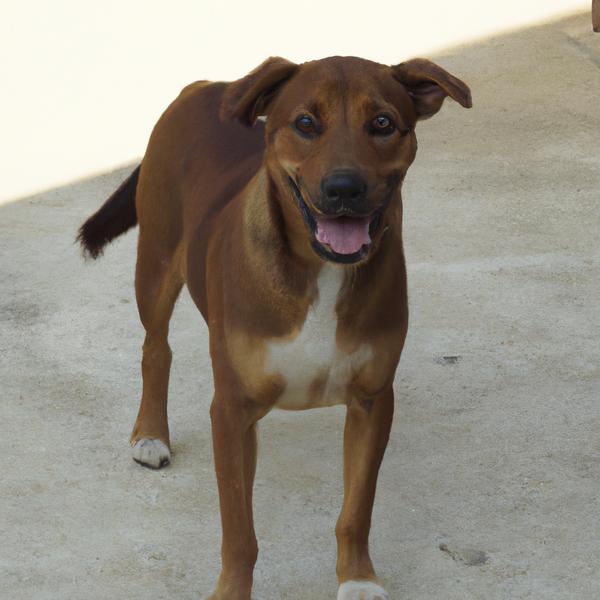Rottle vs. BD Terrier: Breed Differences and Similarities
Hypoallergenic
Are Rottles or BD Terriers hypoallergenic, or neither?
Unfortunately, neither Rottle nor BD Terrier are hypoallergenic, which may not make them the best choice for dog lovers who suffer from pet allergies.
Temperament
What are the personalities of Rottle and BD Terrier dogs?
Active
Independent
Protective
Alert
Courageous
Intelligent
Loyal
Trainable
Fearless
Good-natured
Faithful
Instinctual
Active
Loving
Energetic
Protective
Alert
Courageous
Affectionate
Gentle
Going
Social
Tempered
Sweet
Trainable
Keen
Shedding Level
Do Rottles shed more than BD Terriers, or which breed sheds more, Rottles or BD Terriers?
Rottles are low shedding dogs, requiring minimal coat care.
BD Terriers are moderate shedders, but regular brushing can reduce shedding and maintain coat health.
Origin
What is the origin of Rottle and BD Terrier dog breeds?
Germany
United States
Ancestry
What are the origins of Rottle and BD Terrier breeds?
Poodle, Rottweiler
Bull Terrier, American Bulldog
Date of Birth
When were Rottle and BD Terrier breeds first developed?
1980s
Unknown
Eye Color Possibilites
What are the eye colors of Rottle and BD Terrier dogs?
Brown
Brown
Nose Color Possibilites
What are the natural nose colors of Rottle and BD Terrier?
Black
Black
Coat Color Possibilites
What are the natural colors of the coat for Rottle and BD Terrier breeds?
Black
Gray
Brown
Red
Cream
Blue
White
Pied
Brindle
White
Red
Brown
Fawn
Coat Length
What is the typical coat length for Rottle and BD Terrier breeds?
Rottles have longer coats compared to most dogs.
BD Terriers have coats that can be either short or medium in length.
Coat Density
What is the density of the coat of Rottle and BD Terrier?
Coat Texture
What is the hair texture of Rottle and BD Terrier?
Curly
Straight
Litter Size
What is the usual litter size for Rottle and BD Terrier?
A Rottle can have a litter of 8-12 puppies on average. However, it's worth noting that the size of the litters can vary greatly. Factors that can influence litter size include the health of the mother, breeding history, and genetics.
A BD Terrier can have a litter of 1-9 puppies on average. However, it's worth noting that the size of the litters can vary greatly. Factors that can influence litter size include the health of the mother, breeding history, and genetics.
Adaptability
The adaptability of Rottle and BD Terrier dogs is a well-known trait. They are known for being able to adjust well to different living environments and lifestyle changes.
Health Issues
Between Rottle and BD Terrier, which breed is more prone to health problems?
While the Rottle breed is generally healthy, occasional vet check-ups are still necessary to address any health concerns.
BD Terriers typically have low vet costs due to their good health, but it's important to monitor their health and seek vet care when necessary.
Major Concerns
What are the major health concerns for Rottle and BD Terrier breeds?
Patellar Luxation
Hip And Elbow Dysplasia
Subaortic Stenosis
Mitral Valve Dysplasia
Gastric Dilation Volvulus (GDV) or Bloat
Elbow Dysplasia
Hip Dysplasia
Heart Disease
Hereditary Nephritis
Minor Concerns
What minor health issues should be kept in mind when owning Rottle and BD Terrier?
Sebaceous Adenitis
Von Willebrand's Disease
Osteochondritis Dissecans
Progressive Retinal Atrophy (PRA)
Deafness
Skin Problems
Occasional Tests
What occasional tests are recommended for Rottle and BD Terrier breeds?
Eye Examination
Skin Evaluation
Cardiac Ultrasound
Blood And Urine Analysis
Diagnostic Imaging
DNA
X-Rays
Physical Examination
Eye Tests
Social Needs
Rottle vs BD Terrier social needs comparison
Rottle and BD Terrier have very high social needs. These needs include regular mental and physical stimulation, a job or purpose, and companionship. They thrive in environments where they have a lot of interaction with humans and other dogs.
Sleeping Need
Which of the two sleeps the most/least: Rottle or BD Terrier?
Rottles sleep less than other breeds but still need adequate sleep for good health.
BD Terriers have moderate energy levels and typical sleep patterns of 12-14 hours per day.
Mouthiness
Mouthiness Comparison: Rottle vs BD Terrier?
Roaming urge
Rottle vs Labrador: Running away tendency?
Prey Drive
Rottle or BD Terrier - which breed has a higher level of prey drive?
Activity Level
Which breed has higher energy, Rottles or BD Terriers?
Rottle and BD Terrier are high-energy dogs that require a lot of mental and physical exercise. Without proper stimulation and attention, these breeds can become problematic. If you're considering these breeds, be prepared to invest time and effort in their exercise and training.
Tolerance of being left alone
Walks per Week
How many miles should Rottle or BD Terrier walk each week?
There's really no limit to how far you walk your dog as long as they're comfortable. For Rottle, it's at least 14 miles / week. Just remember to build distance and stamina gradually over time.
There's really no limit to how far you walk your dog as long as they're comfortable. For BD Terrier, it's at least 10 miles / week. Just remember to build distance and stamina gradually over time.
Activity per Day
Do Rottles or BD Terriers require more exercise?
In general most Rottles usually need at least 90 minutes of exercise daily. This can be spread across the day and include all sorts of high-energy activities, like walking, running and playing.
In general most BD Terriers usually need at least 120 minutes of exercise daily. This can be spread across the day and include all sorts of high-energy activities, like walking, running and playing.
Grooming
Which breed is easier to maintain in terms of grooming, Rottles or BD Terriers?
The Rottle requires an average amount of grooming compared to other breeds.
The BD Terrier is a low-maintenance breed that doesn't require much grooming.
Brushing Frequency
What is the recommended brushing frequency for Rottle and BD Terrier dogs?
Ideally, both Rottle and BD Terrier should be brushed at least 2 or 3 times a week (preferably daily) to improve shedding.
Brushing Tools
What brushing tools are used for Rottles and BD Terriers?
Pin Brush
Comb
Clipper
Nail Clipper
Pin Brush
Comb
Nail Clipper
Cups
How much food should be given to Rottle or BD Terrier in cups?
For an average 60-100 pound (27 - 45 kg) Rottle feed 3.5 cups daily. But, keep in mind, the amount you feed is going to be dependent on the quality of the food you are feeding.
For an average 65-90 pound (29 - 41 kg) BD Terrier feed 3 cups daily. But, keep in mind, the amount you feed is going to be dependent on the quality of the food you are feeding.
Daily Cost
Which breed has a higher daily cost, Rottle or BD Terrier?
The average cost of a Rottle is somewhere $3.40 - $4.50 per day.
The average cost of a BD Terrier is somewhere $1.70 - $2.00 per day.
Monthly Cost
Which breed has a higher monthly cost, Rottle or BD Terrier?
The average per month expenses of a Rottle is between $101 - $134. This makes an average of $1212 - $1608 per year. It will be on the higher side when the dog is still small because it will need more frequent visits to the vet, shots.
The average per month expenses of a BD Terrier is between $48 - $63. This makes an average of $576 - $756 per year. It will be on the higher side when the dog is still small because it will need more frequent visits to the vet, shots.
Sensitivity Level
How do Rottle and BD Terrier compare in sensitivity?
This breed is sensitive and requires gentle handling and a calm home environment.
This breed is sensitive to its environment and best suited for patient and understanding families with a consistent routine.
Apartment Friendly
Which breed is more apartment-friendly: Rottle or BD Terrier?
Rottle and BD Terrier are apartment-friendly dog breeds. They can do perfectly well in apartments providing they are sufficiently exercised and taken out and about as part of their owner's daily lifestyle.
Child Friendly
Do Rottles or BD Terriers have a friendlier temperament towards children?
Rottle and BD Terrier are kid-friendly dogs. They are good with children and excellent dogs with children if they are socialized and trained at a young age.
Senior-friendly
Which dog is more suitable as a pet for the elderly - Rottle or BD Terrier?
Cat Friendly
Do Rottle or BD Terrier breeds have a better compatibility with cats?
Rottles are good with cats, but early training is needed to prevent chasing behavior.
BD Terriers are somewhat cat friendly and can be trained to get along with cats.
Dog Friendly
Which breed is more sociable with other dogs: Rottle or BD Terrier?
{Rottles and BD Terriers are average friendly towards other dogs. If they are raised with other dogs, they are likely to get along with them. And, if they are socialized properly from a young age, they will usually be great with other dogs.
Pet friendly
How do Rottle or BD Terrier dogs interact with other pets?
Stranger Friendly
Which breed is more friendly with strangers: Rottle or BD Terrier?
Rottle and BD Terrier are average friendly around strangers. They can be wary around strangers and a little standoffish, so early socialization is key to ensure they are comfortable around new people.
Playfulness
Which breed is more playful between Rottle and BD Terrier?
Rottles are a playful breed that needs daily playtime to be happy.
BD Terriers are very playful, so adopting an older one might be a better option for a more relaxed experience.
Trainability
How do the trainability levels of Rottles and BD Terriers compare?
Rottle and BD Terrier dogs are known for their ease of training and ability to learn quickly, making them a popular choice for pet owners and trainers alike.
Compare Rottle with other breeds
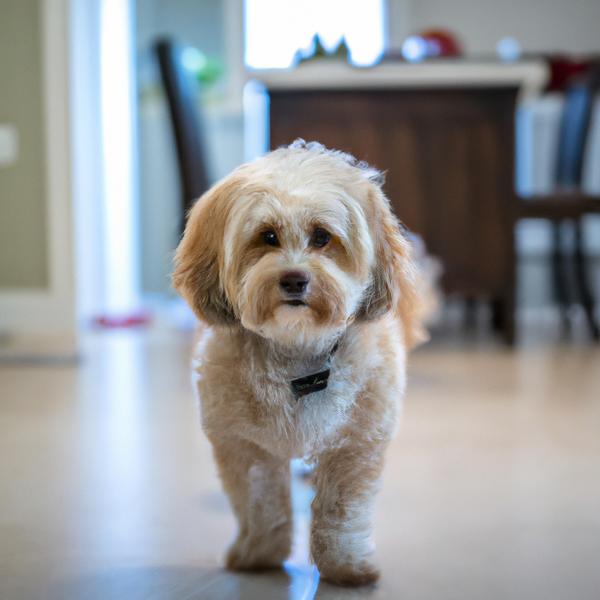
Lhasapoo
Rottle vs Lhasapoo
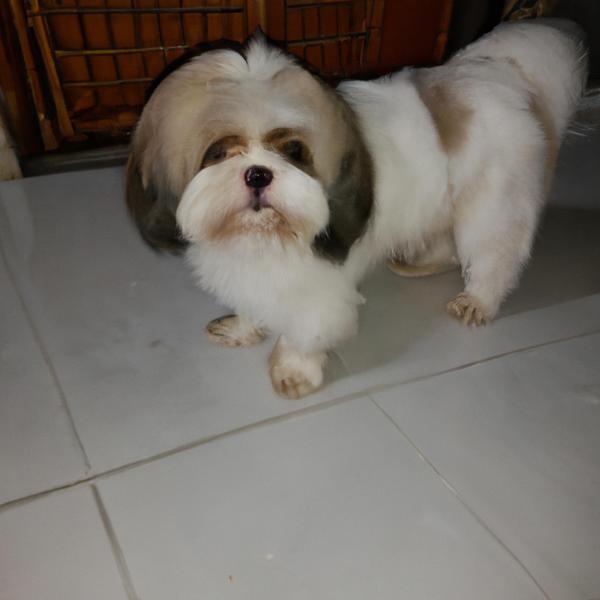
Malchi
Rottle vs Malchi
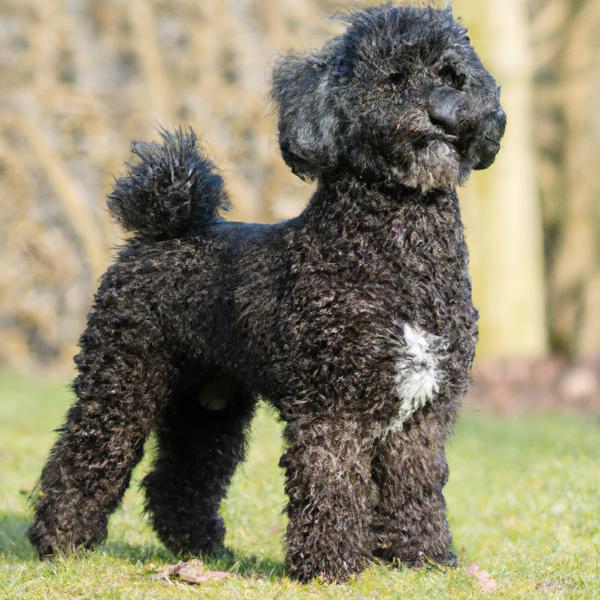
Schipper-Poo
Rottle vs Schipper-Poo
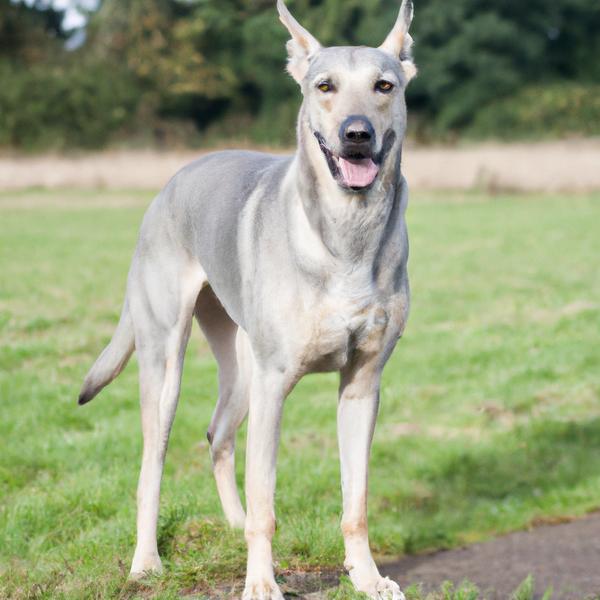
Weimshepherd
Rottle vs Weimshepherd
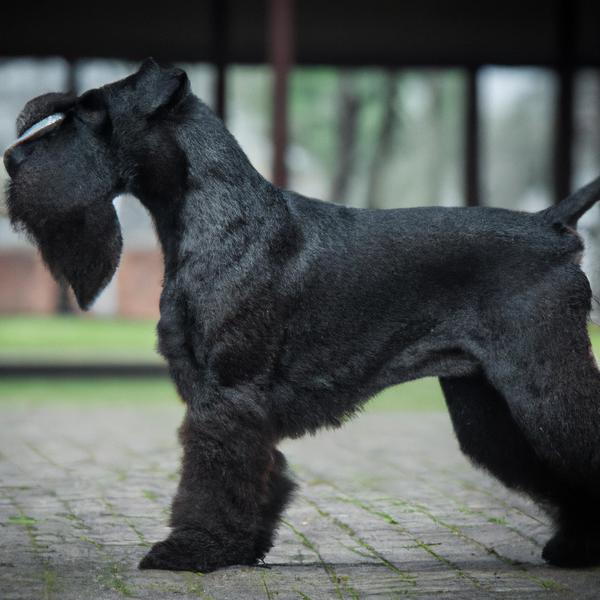
Giant Schnauzer Chin
Rottle vs Giant Schnauzer Chin
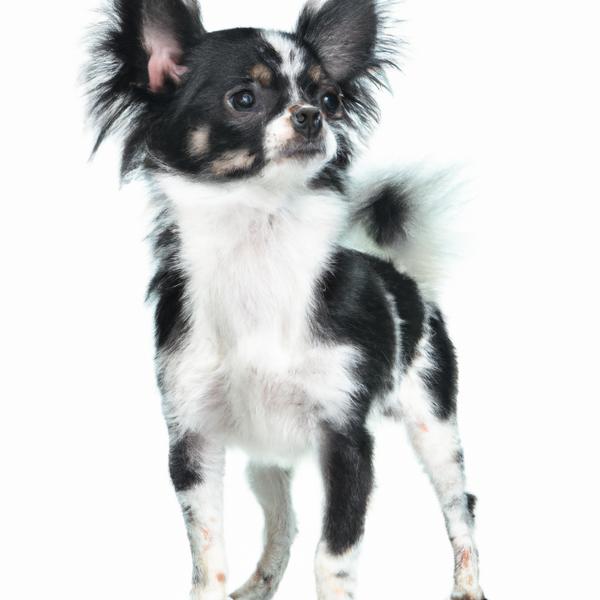
Chin-Ocker
Rottle vs Chin-Ocker
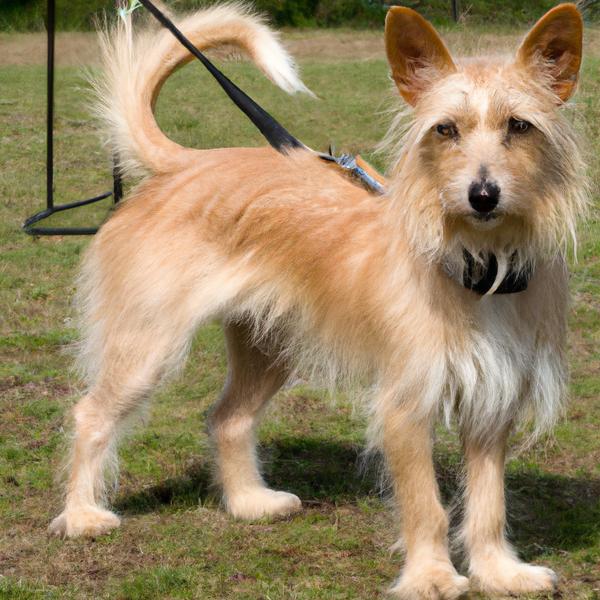
Wire Foxingese
Rottle vs Wire Foxingese
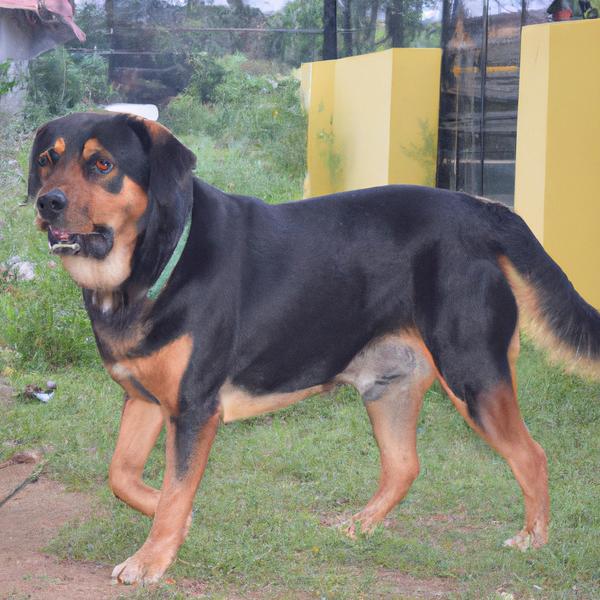
Reagle
Rottle vs Reagle
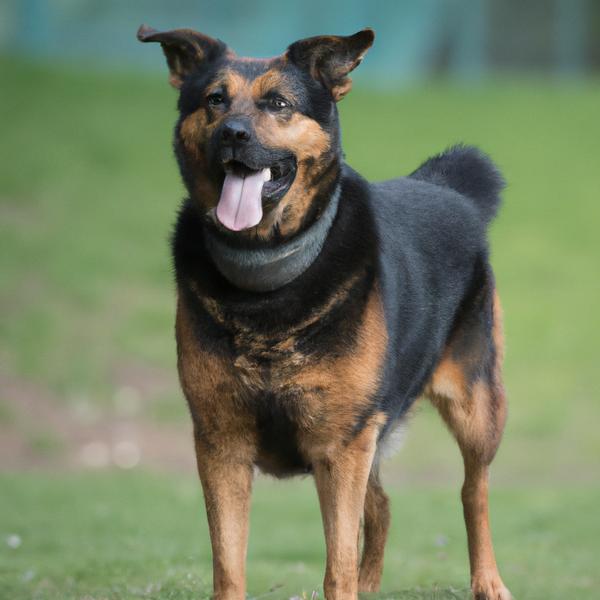
Shepweiler
Rottle vs Shepweiler
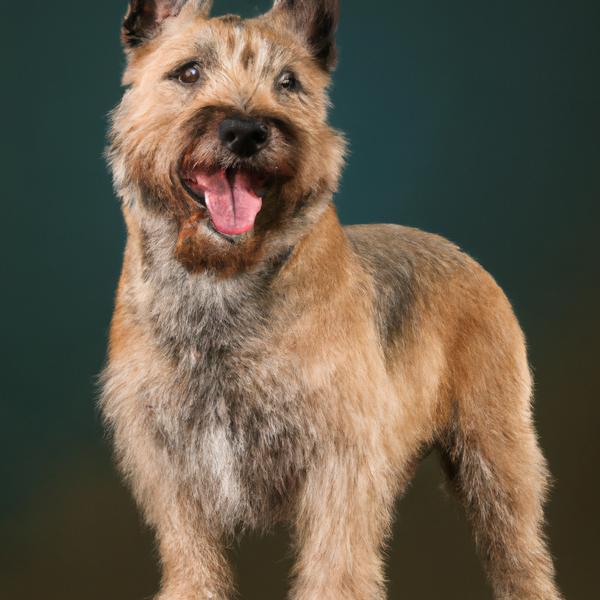
Cairland Terrier
Rottle vs Cairland Terrier
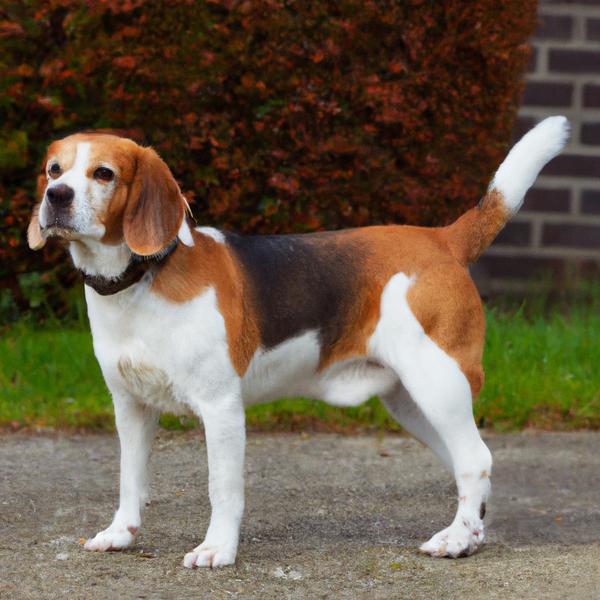
English Speagle
Rottle vs English Speagle
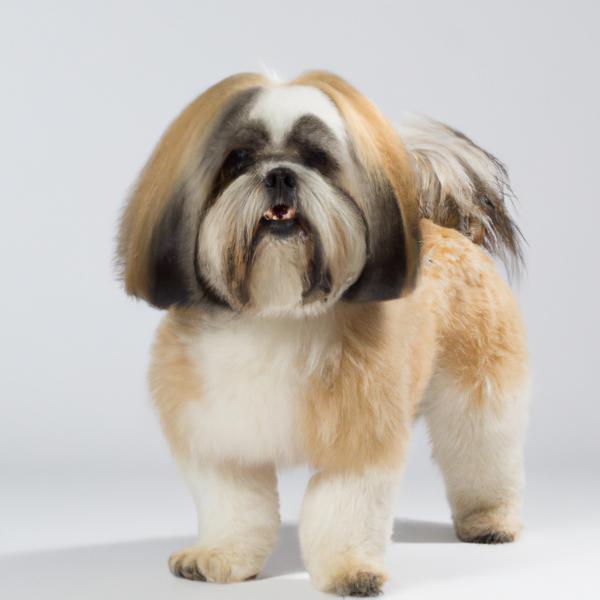
Lhatese
Rottle vs Lhatese
